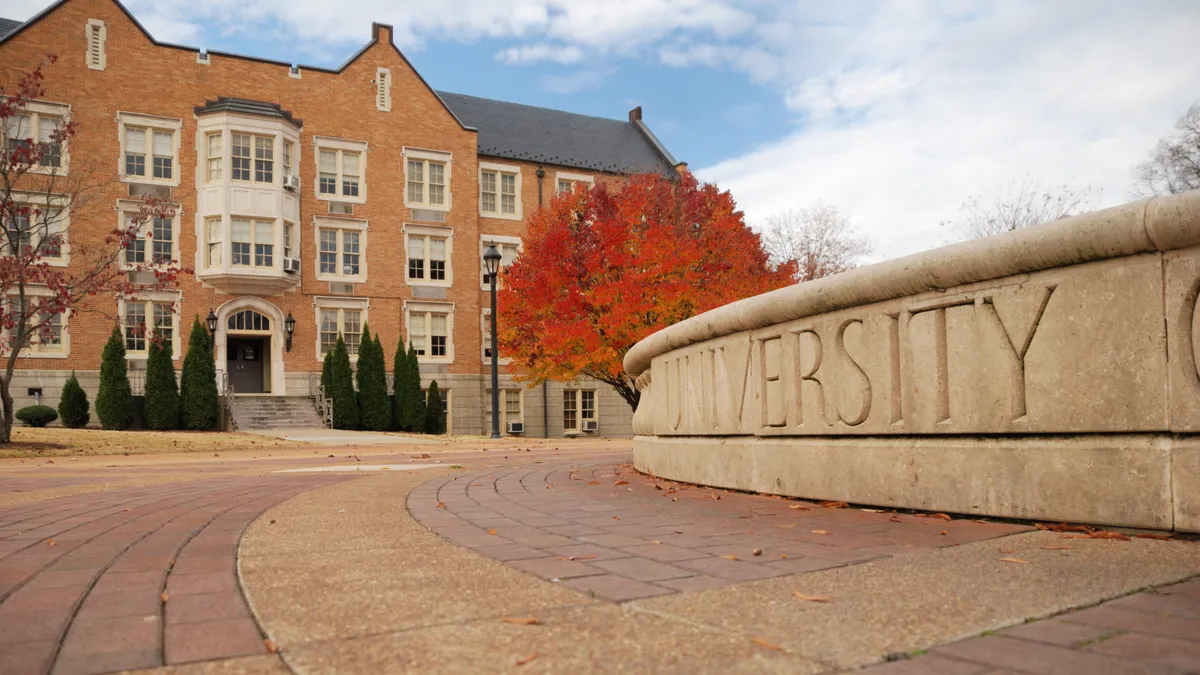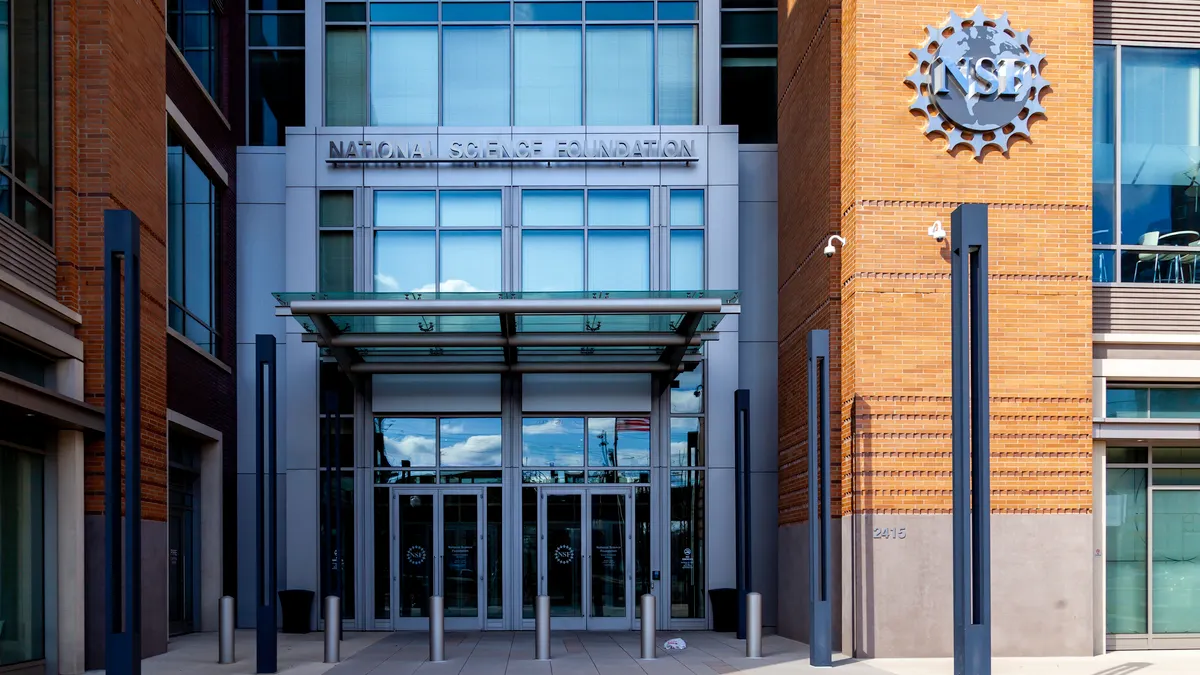Dive Brief:
- First-generation and underrepresented minority students attending community colleges report they feel a greater sense of belonging at those institutions than their peers, according to a recent analysis of federal data.
- The researchers found the opposite at four-year colleges. Students who were not first-generation or from underrepresented minority groups were more likely to report a higher sense of belonging there than other students.
- Among four-year institutions, a sense of belonging is tied to higher persistence rates, increased use of campus services and better mental health. However, the researchers didn't find this to be the case at two-year colleges.
Dive Insight:
The report's authors have several theories why underrepresented minority and first-generation students attending community colleges feel a greater sense of belonging at those institutions compared to other students. It could be partly that because of the wide range of students at two-year colleges, feeling a sense of belonging in a certain program or class is more important than whether they fit in with the institution as a whole.
Colleges can take steps to "build students' sense of belonging," Shannon Brady, an assistant professor of psychology at Wake Forest University who co-authored the report, said in an interview with Education Dive.
"A student's sense of belonging is something (colleges) can at least have partial control over, and it's something they can work very intentionally on," she said.
The study backs previous research that found underrepresented minority and first-generation students at four-year colleges tend to have a lower sense of belonging than their peers.
Many colleges are trying to reverse that trend to improve student outcomes. A greater sense of belonging may prompt students to seek out more campus resources and have better mental health.
Even smaller interventions can help. A series of recent experiments, for example, found that online sessions in which students read about how past students navigated the transition from high school to college increased full-time enrollment rates and GPA, as well as helped disadvantaged students to integrate into college.
Yet what works for one institution may not be successful at another.
"There is no magic bullet," Maithreyi Gopalan, an assistant professor of education at Penn State University who co-authored the report, said in an interview with Education Dive. "Administrators, faculty, as well as researchers, should dig deeper to understand what is it that promotes students' sense of belonging and try a whole variety of approaches."
Colleges may also be able to improve student success by targeting specific groups with their services. An analysis last year from Civitas Learning found that advising services improve persistence rates more for Hispanic students than others.
Community college students, who may be juggling family and work responsibilities, could see greater benefit from more proactive advising. First-year seminars and welcome videos can also help or hinder how much students feel like they belong, Brady said.
For the past few years, outgoing seniors at Stanford University have created welcome videos for incoming students about how they transitioned to college life and developed a sense of belonging.
But such videos can backfire if they don't reflect the student population. The University of Wisconsin is facing backlash for a video that meant to unite students ahead of homecoming week but featured nearly all white students. The video caused a furor online, and several underrepresented minority students told The New York Times it underscored feelings they aren't wanted on campus.







